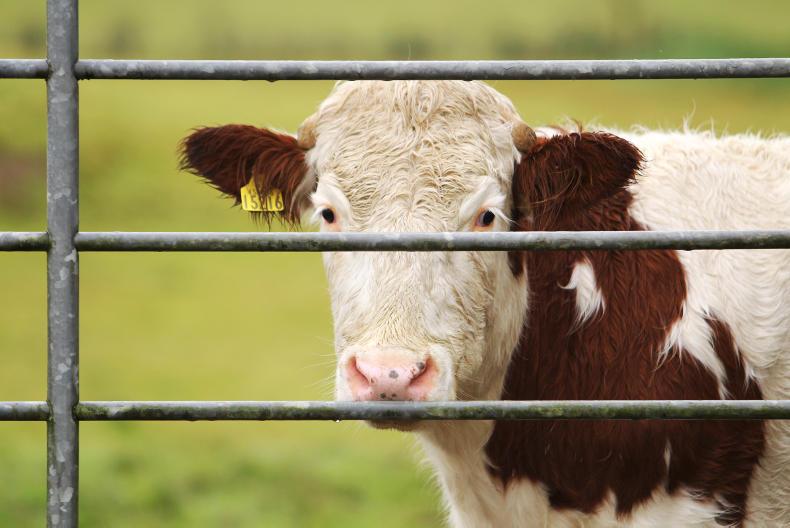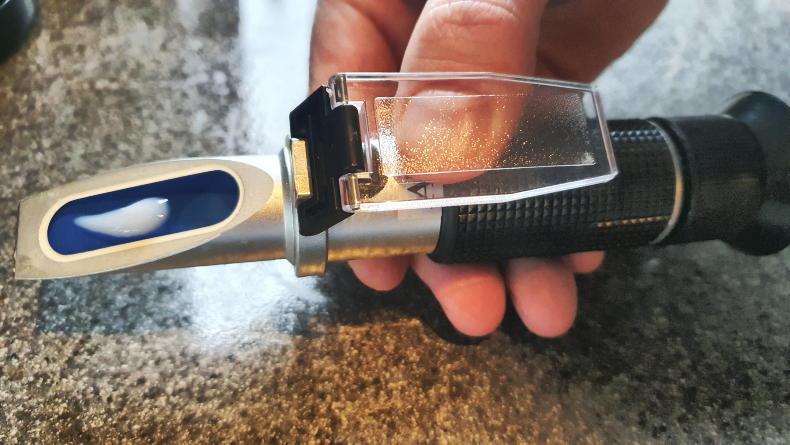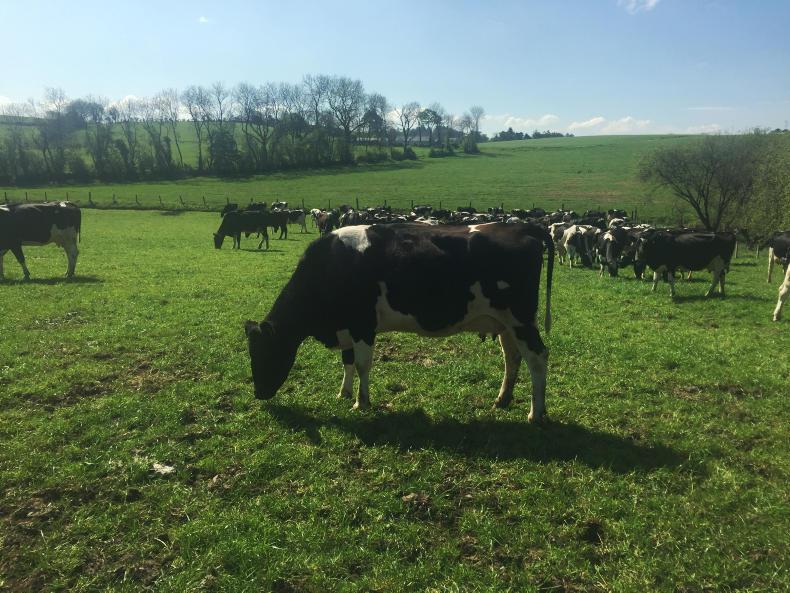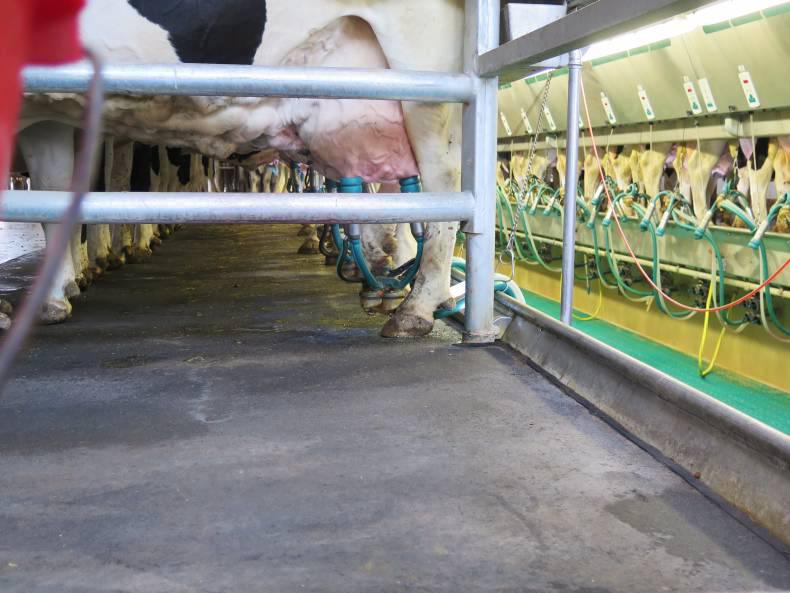Stomach worms were found to be the cause of death in many submissions to the country’s Regional Veterinary Labs (RVLs) last autumn.
Cork RVL reported the case of a group of 50 weanling calves that were failing to thrive on grass.
They were described as having ongoing watery diarrhoea, reduced growth and rough hair coats.
One of the most severely affected animals from the group was euthanised on welfare grounds and submitted to the RVL.
A post-mortem by the vets revealed that the calf had chronic gastritis, an inflammation of the lining of the stomach.
The liver was yellow and had rounded edges, signifying hepatomegaly, which is an enlarged liver.
The vets found the calf had abomasitis, inflammation of the abomasum, which is the fourth part of the stomach.
Ostertagiosis
The abomasitis and the findings of their tissues testing were considered to be typical of ostertagiosis, an infection caused by stomach worms, called ostertagia ostertagi.
The vets noted that depression of appetite due to abomasal dysfunction, protein-losing enteropathy and diarrhoea causes rapid weight loss in animals with heavy parasite burdens.
Writing in the September 2016 RVL report, they noted that the risk of clinical ostertagiosis can be greatly reduced in vulnerable young stock by correct pasture management and timing of worming.
The Cork calf was among the 410 carcases and 102 foetuses examined by the country’s RVLs in September 2016. They also tested 2,972 diagnostic samples during the month.
Watch: worm resistance evident in Robertstown
Worms: immunity and the 10 commandments for control
Beef management notes: taking stock of fodder crucial at this stage










SHARING OPTIONS